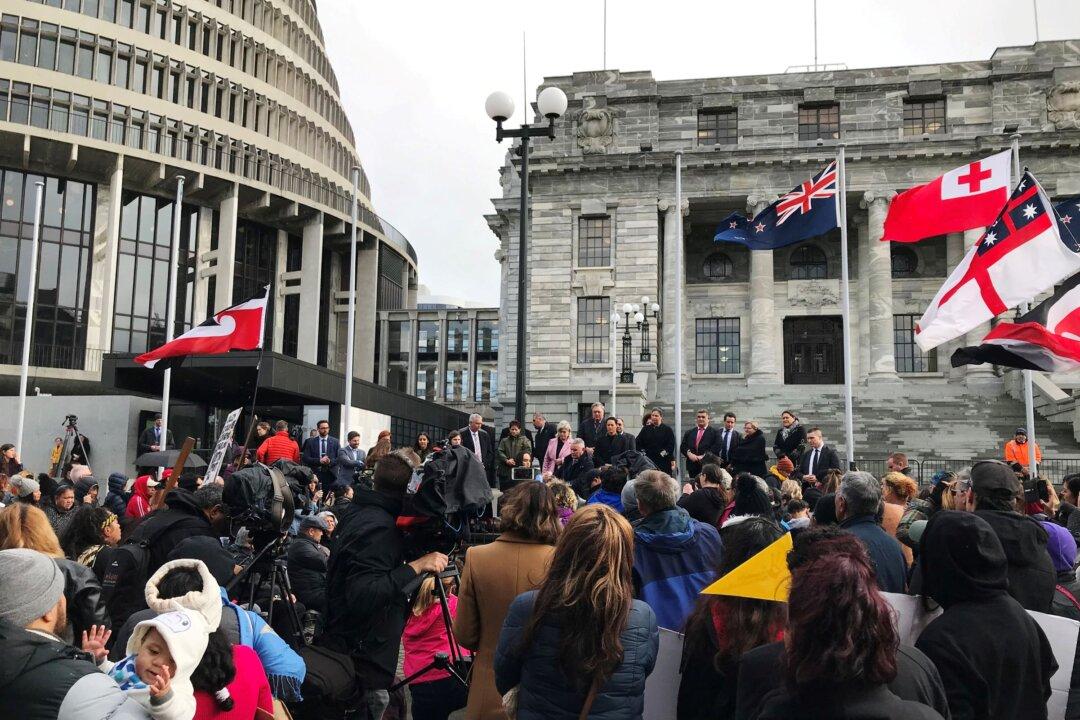New Zealand’s Deputy Prime Minister Winston Peters—and leader of one of the three government coalition parties, New Zealand First—has condemned a speech by a Māori Party MP that accused the government of intending to “exterminate Māori.”
Speaking in the General Debate on May 1, Mariameno Kapa-Kingi, who represents the Māori electorate of Te Tai Tokerau, began her speech by saying “No matter my words today, the government will not waver in its mission to exterminate Māori.”





